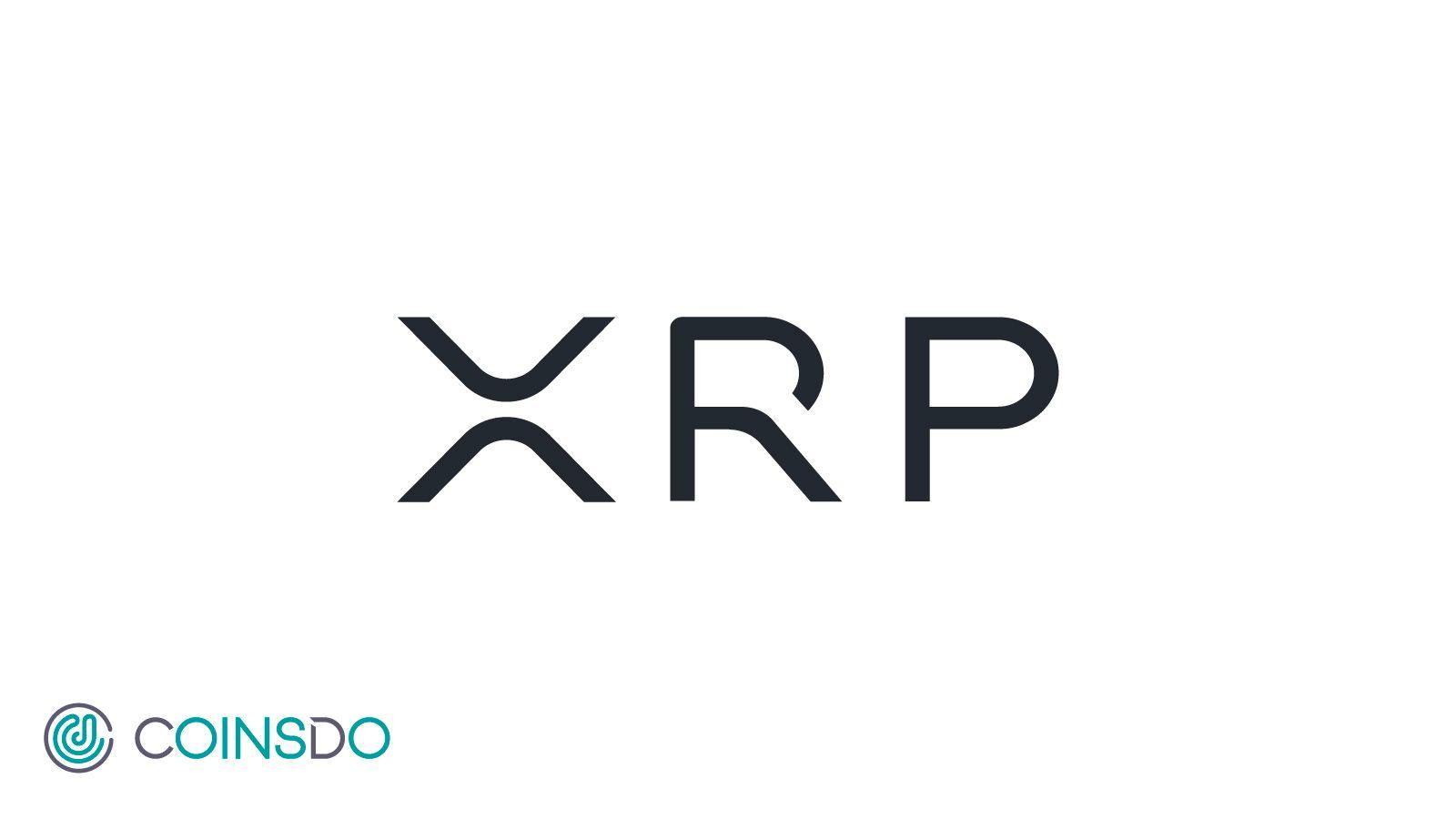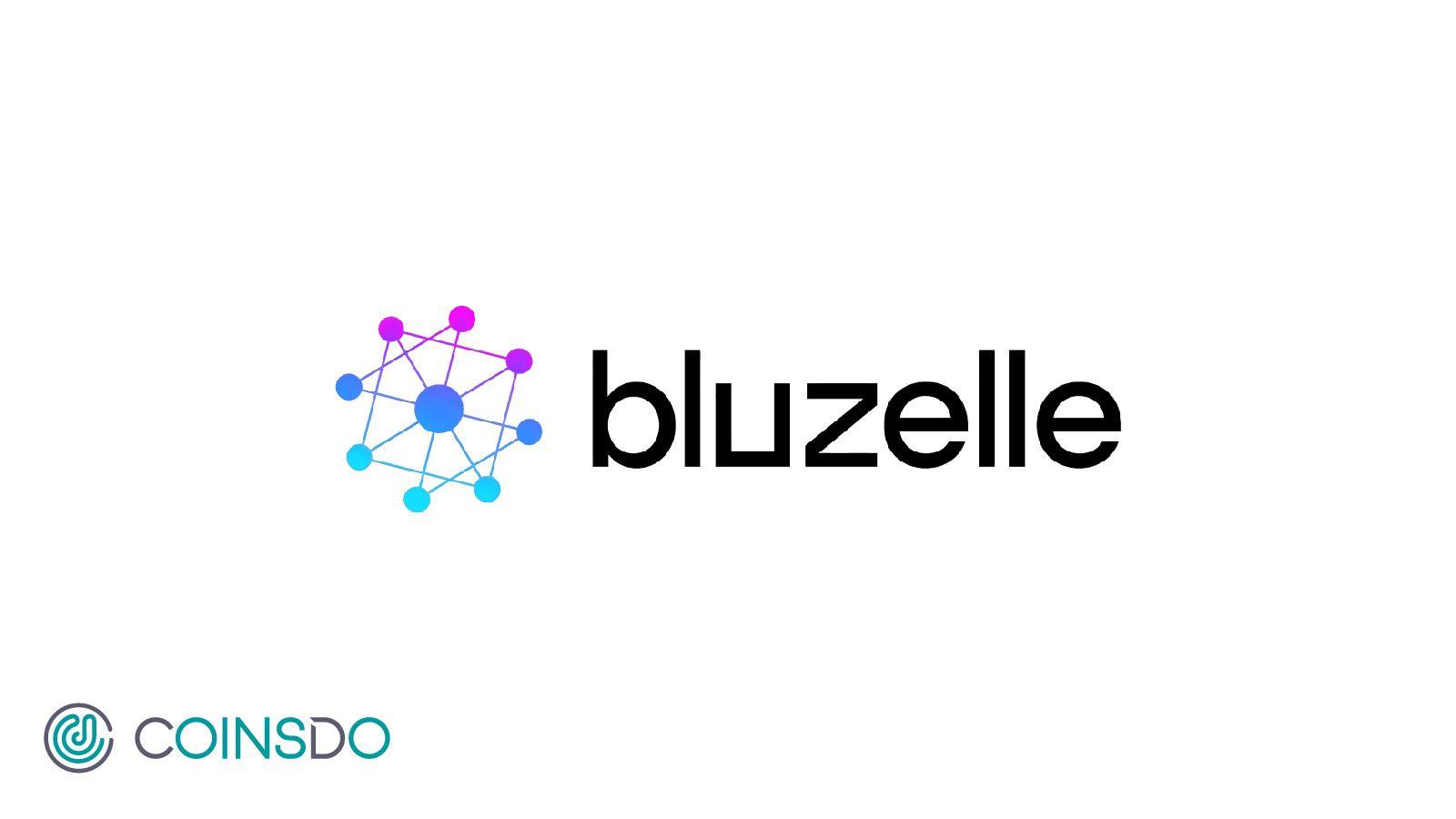
6 min read
What is Ripple (XRP)?
If you're new to the world of cryptocurrency, understanding Ripple can seem a bit daunting. However, Ripple is designed to be user-friendly and practical for both financial institutions and individual users. Here's a simplified rundown to help beginners get started:
Essentially, Ripple is both a platform and a currency. The platform is a protocol that facilitates fast, low-cost international transactions, while the currency (XRP) is used to provide liquidity on the network.
More specifically, Ripple operates as a real-time gross settlement system (RTGS), a remittance network, and a currency exchange platform. What distinguishes Ripple from other technologies is its unique consensus algorithm, which doesn't require the extensive computational power demanded by traditional blockchain mining.
At its core, Ripple uses a distributed open-source protocol, which enables instant and low-cost international payments. It's engineered to support tokens representing fiat currency, cryptocurrency, commodities, or any other unit of value such as frequent flier miles or mobile minutes.
Ripple explained: Breaking Down the Core Concepts and Features
Ripple is designed primarily for global payments and aims to solve issues like slow transaction times and high costs associated with traditional banking systems. Here are some of the core concepts and features that define Ripple:
Consensus Algorithm
Unlike Bitcoin, which relies on Proof of Work (PoW), Ripple employs a unique consensus algorithm to validate transactions. The Ripple Transaction Protocol (RTXP) ensures extremely fast transaction times and a reliable system to verify the transferring of assets.
RippleNet
RippleNet is a network of institutional payment providers, such as banks and money services businesses, utilizing Ripple's technology to provide a frictionless experience to send money globally. RippleNet ensures that transactions are settled in mere seconds, as opposed to days with traditional banking systems.
XRP Ledger
The XRP Ledger is an open-source product created by Ripple. It is tailored for payments and is designed to handle thousands of transactions per second. Transactions are validated by a unique node list (UNL), which consists of trustworthy nodes selected by users of the network.
Pathfinding
Ripple’s payment network allows for a pathway or route to be found between the sender and recipient that entails the least-cost series of currency exchanges to complete the transaction. This feature is highly beneficial in situations where there is no direct currency pair.
Interledger Protocol (ILP)
ILP is a protocol used to connect different ledgers or payment networks. It allows for atomic swaps between ledgers and enables inter-network payments
Real-World Use Cases: How Ripple and XRP are Employed Today
While the concepts of Ripple and XRP may seem theoretical, they are actively being used in the real world with tangible benefits. Here are some interesting use cases of Ripple's technology:
Santander's One Pay FX: The Spanish banking giant Santander uses Ripple's technology to power its One Pay FX service. This service allows for same-day international payments, providing transparency and reducing costs associated with such transactions.
American Express and Ripple: American Express has teamed up with Ripple to enhance cross-border payments. Ripple's blockchain technology ensures quick processing times and enhances the overall efficiency of transactions.
Axis Bank: The Indian bank Axis Bank uses Ripple to offer its customers cost-effective and timely cross-border payments.
Potential Challenges and Criticisms: Addressing Concerns Surrounding Ripple and XRP
Despite its numerous advantages, Ripple and XRP face certain challenges and criticisms that are worth considering. Let's take a closer look at some of these concerns:
Centralization Issues
One of the most significant criticisms of Ripple is its perceived centralization. Unlike Bitcoin, which is entirely decentralized, Ripple Labs controls the majority of XRP's supply. This raises concerns about potential manipulation and governance issues.
Regulatory Uncertainty
As with many cryptocurrencies, Ripple faces regulatory challenges. Various jurisdictions have different stances on how cryptocurrencies should be classified and regulated, which can affect Ripple’s operation and adoption globally.
Competition from Other Cryptocurrencies
Ripple isn’t the only player in the market aiming to revolutionize global payments. It faces stiff competition from other blockchain projects like Stellar and various traditional financial reforms that are improving their payment systems.
Legal Challenges
Ripple Labs has encountered legal challenges, such as lawsuits claiming that XRP should be classified as a security. These legal issues can hamper its growth and affect its acceptance in traditional financial markets.
XRP is now Supported on CoinsDo
CoinsDo is excited to announce that it now supports transactions on Ripple and the related XRP token. This new integration means that CoinGet and CoinSend can now efficiently manage these assets, providing users with a seamless and secure digital asset management experience.
If you're in the market for a reliable, secure, and cost-effective digital asset management system, reach out to us to learn how CoinsDo can empower your business.



